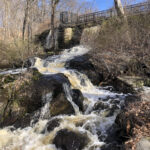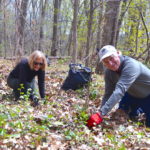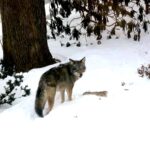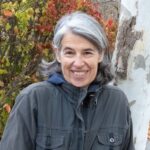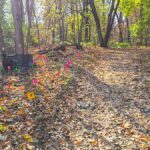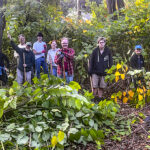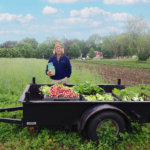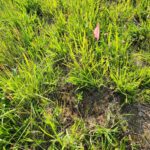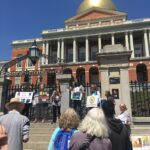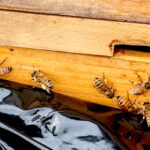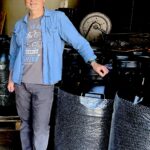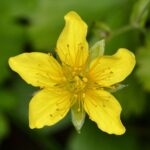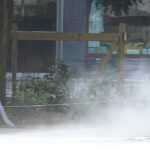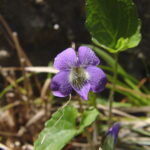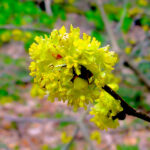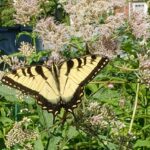
By Judy Sheldon Whether we’re growing tidy-looking lawns, tree-lined paths to meander, or flower or vegetable gardens, our yards and our parks also provide food and shelter for other creatures. Bees, butterflies, ladybugs, spiders, and fireflies all live in our lawns, gardens, and trees. Birds eat the seeds, berries, fruits, and nuts from the plants. Some bird species get nutrients from insects, including mosquitoes and others we don’t want around. Rabbits eat mostly plants; squirrels and chipmunks thrive on fruits, nuts, and acorns. Larger birds, like hawks, owls, and even eagles, also eat the small animals and birds that live [READ MORE]


